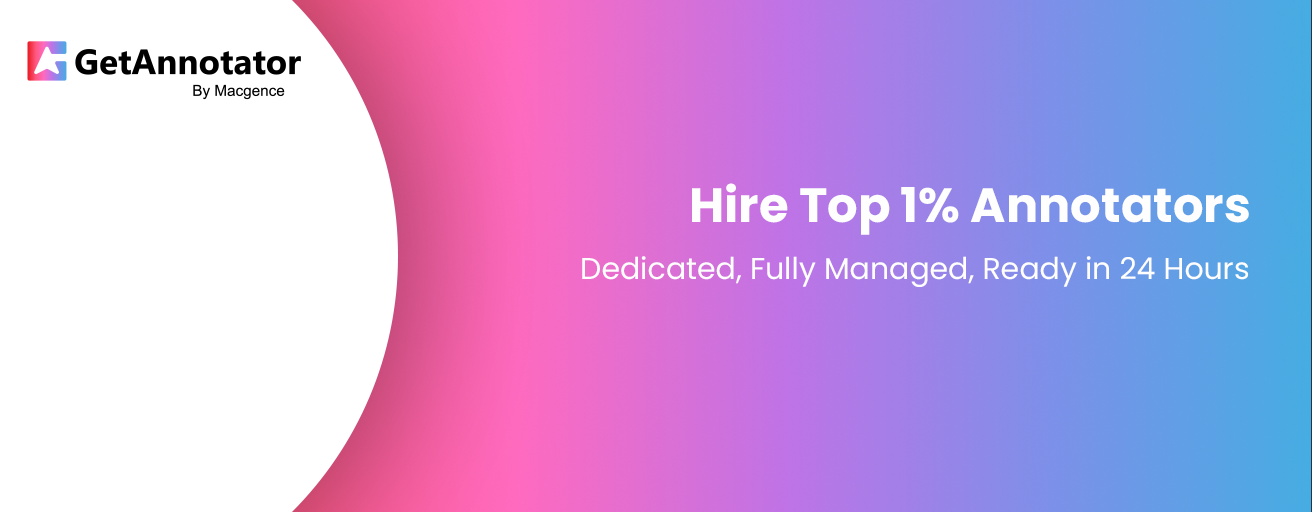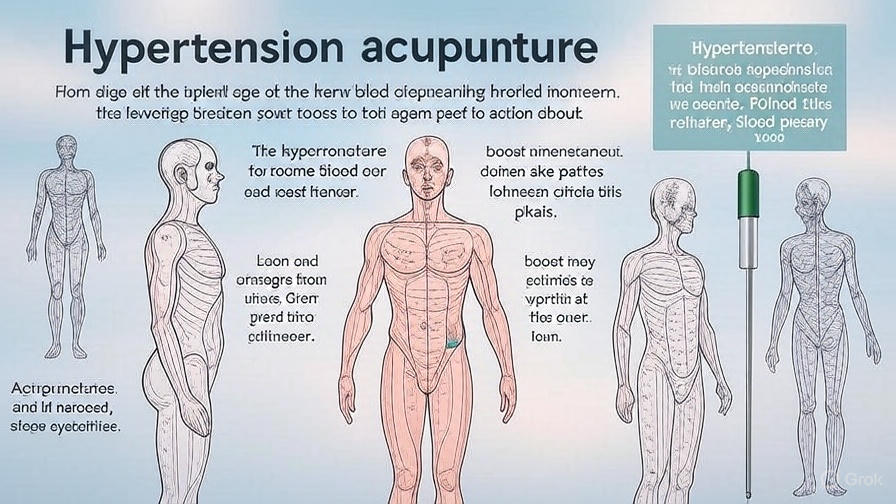Acupuncture and Hypertension: How Improved Circulation Can Help Lower High Blood Pressure
Hypertension — more commonly known as high blood pressure — affects over 1.28 billion adults worldwide, according to the World Health Organization. Often called the “silent killer,” hypertension increases the risk of stroke, heart attack, and kidney disease, yet many people are unaware they have it until complications arise.
While conventional treatments like medication, dietary changes, and exercise remain the first line of defense, complementary therapies such as acupuncture are gaining recognition for their ability to support cardiovascular health. In particular, the connection between acupuncture for blood flow and improved circulation has drawn interest from both researchers and patients seeking holistic approaches to blood pressure management.
Understanding Hypertension and Circulation
Blood pressure measures the force of blood pushing against artery walls. When arteries are narrowed or stiffened, the heart must work harder to pump blood, leading to elevated pressure. Poor circulation and vascular constriction play a major role in this process.
Two key factors influence blood pressure:
- Cardiac output – the amount of blood the heart pumps per minute
- Vascular resistance – the resistance the arteries offer to blood flow
Improving circulation — reducing resistance and allowing blood to flow freely — can lower strain on the heart and bring blood pressure closer to healthy levels.
How Acupuncture Influences Blood Pressure
Acupuncture, a cornerstone of Traditional Chinese Medicine (TCM), involves inserting thin, sterile needles into specific points on the body to balance energy flow, or Qi. From a modern biomedical perspective, acupuncture stimulates the nervous system, releases bioactive chemicals, and influences cardiovascular function.
Several mechanisms explain how acupuncture may lower high blood pressure:
- Vasodilation – Needle stimulation can cause blood vessels to widen, reducing vascular resistance.
- Endorphin Release – These natural painkillers also relax muscles around blood vessels, aiding circulation.
- Hormonal Balance – Acupuncture affects the hypothalamus-pituitary-adrenal axis, reducing stress hormones like cortisol, which contribute to hypertension.
- Nervous System Regulation – By modulating the autonomic nervous system, acupuncture promotes parasympathetic activity, helping the heart rate and blood pressure stabilize.
These effects make acupuncture for blood flow an attractive complementary option for individuals seeking better circulation and cardiovascular support.
Scientific Evidence Supporting Acupuncture for Hypertension
Several clinical studies have examined acupuncture’s role in blood pressure regulation:
- A study in Medical Acupuncture (2019) found that patients who received targeted acupuncture sessions experienced average systolic blood pressure reductions of 10–12 mmHg after just eight weeks.
- Research published in Circulation demonstrated that electroacupuncture (a mild electrical current applied through acupuncture needles) significantly lowered both systolic and diastolic blood pressure in patients with mild hypertension.
- A 2021 review in Complementary Therapies in Medicine concluded that acupuncture could be an effective adjunct therapy, especially when combined with lifestyle modifications.
These studies reinforce the idea that improving vascular function through therapies like acupuncture for blood flow may help manage hypertension naturally.
Acupuncture and Circulation: Why It Matters for Blood Pressure
Poor circulation is a common underlying factor in hypertension. When blood vessels are constricted or blood flow is sluggish, the heart works harder, increasing pressure in the arteries.
Acupuncture supports circulation in several ways:
- Increased Nitric Oxide Production – Nitric oxide is a vasodilator that relaxes blood vessels, allowing smoother blood flow.
- Reduced Platelet Aggregation – Less clumping of platelets means blood flows more freely, reducing clot risks.
- Enhanced Microcirculation – Improved flow to smaller blood vessels supports organ health, especially in the brain and kidneys.
By improving these functions, acupuncture for blood flow may help lower systemic vascular resistance and support overall cardiovascular health.
Integrating Acupuncture into Hypertension Management
While acupuncture shows promise, it works best as part of a comprehensive blood pressure management plan that includes:
- Dietary adjustments – Reducing sodium intake, increasing potassium-rich foods like bananas and spinach.
- Regular exercise – At least 150 minutes of moderate activity per week.
- Stress reduction – Mindfulness, meditation, and yoga can complement acupuncture’s calming effects.
- Medical monitoring – Regular blood pressure checks and physician consultations.
Patients using acupuncture for blood flow alongside these practices often report improved energy levels, reduced tension, and better blood pressure control.
What to Expect in a Session
A typical acupuncture session for hypertension begins with an assessment of your overall health, lifestyle, and blood pressure history. The practitioner may focus on points along meridians associated with heart and kidney function, such as:
- PC6 (Neiguan) – Linked to calming the heart and regulating circulation
- ST36 (Zusanli) – Enhances digestion and boosts energy flow, indirectly supporting cardiovascular health
- LI11 (Quchi) – Often used for inflammation and circulation improvement
During treatment, ultra-thin needles are inserted and left in place for 20–30 minutes. Some practitioners may incorporate electroacupuncture for enhanced stimulation.
Many patients describe the experience as deeply relaxing — a key benefit since stress reduction itself can lower blood pressure.
Safety Considerations
When performed by a licensed practitioner, acupuncture is generally safe with minimal side effects, such as slight soreness or bruising at needle sites. However:
- Patients on blood-thinning medications should inform their practitioner to minimize bleeding risks.
- Pregnant individuals should only receive acupuncture from specialists trained in prenatal care.
- Those with uncontrolled hypertension should consult a physician before starting treatment.
The Mind-Body Connection
Hypertension is not purely a physical condition; stress, anxiety, and emotional tension play a significant role. Acupuncture helps bridge the mind-body gap by lowering stress hormone levels, improving sleep, and enhancing overall well-being.
Athletes, office workers, and retirees alike can benefit from the calming effects of acupuncture for blood flow, as reduced mental strain often correlates with lower blood pressure readings.
Conclusion
Hypertension is a complex condition influenced by diet, lifestyle, and physiological factors like circulation. By promoting vasodilation, improving blood flow, and regulating nervous system activity, acupuncture offers a holistic complement to conventional hypertension management.
When integrated with healthy habits and regular medical care, acupuncture for blood flow can be a powerful ally in supporting cardiovascular health, enhancing circulation, and helping lower high blood pressure naturally.
Whether you’re seeking to prevent complications, reduce medication dependence, or simply improve your quality of life, acupuncture provides a time-tested, research-backed approach to keeping your heart and arteries in optimal condition.





